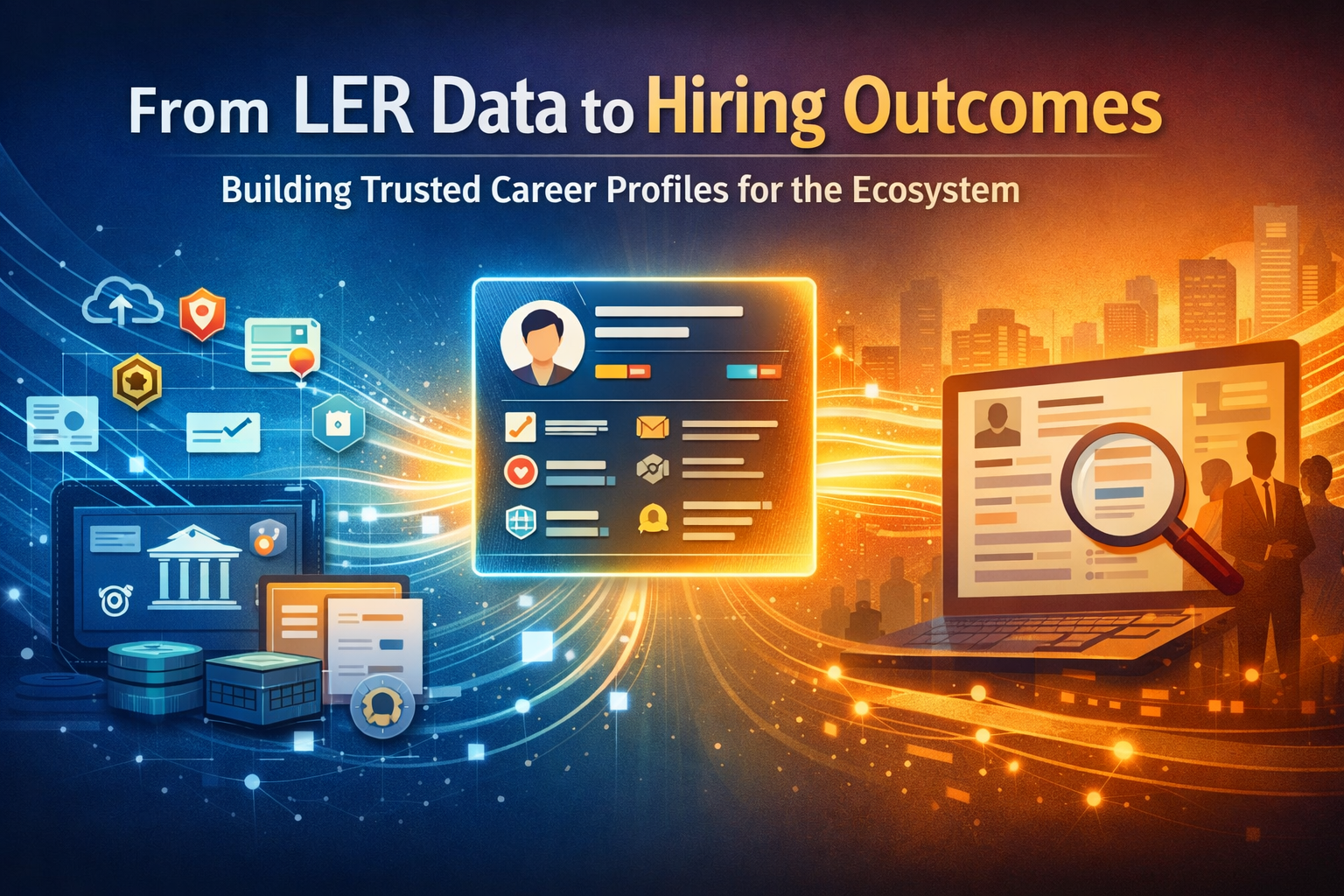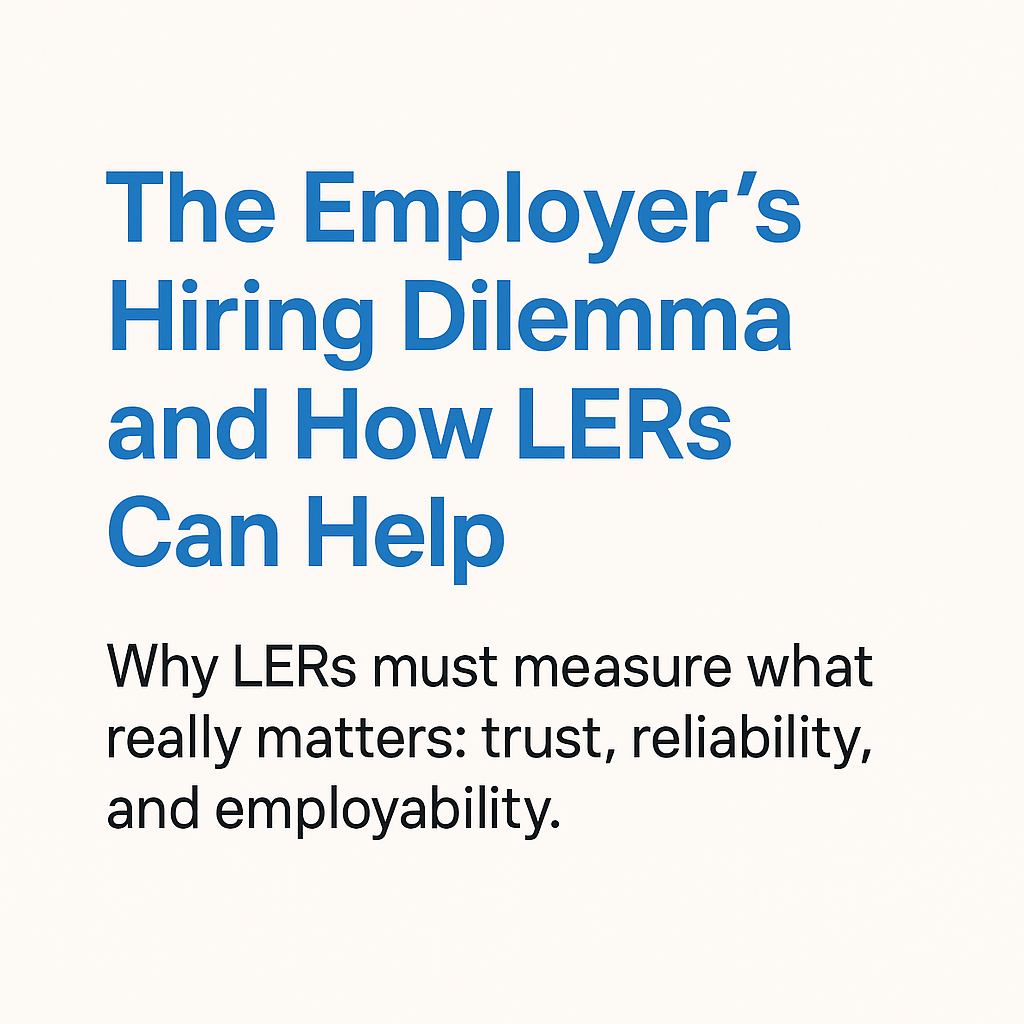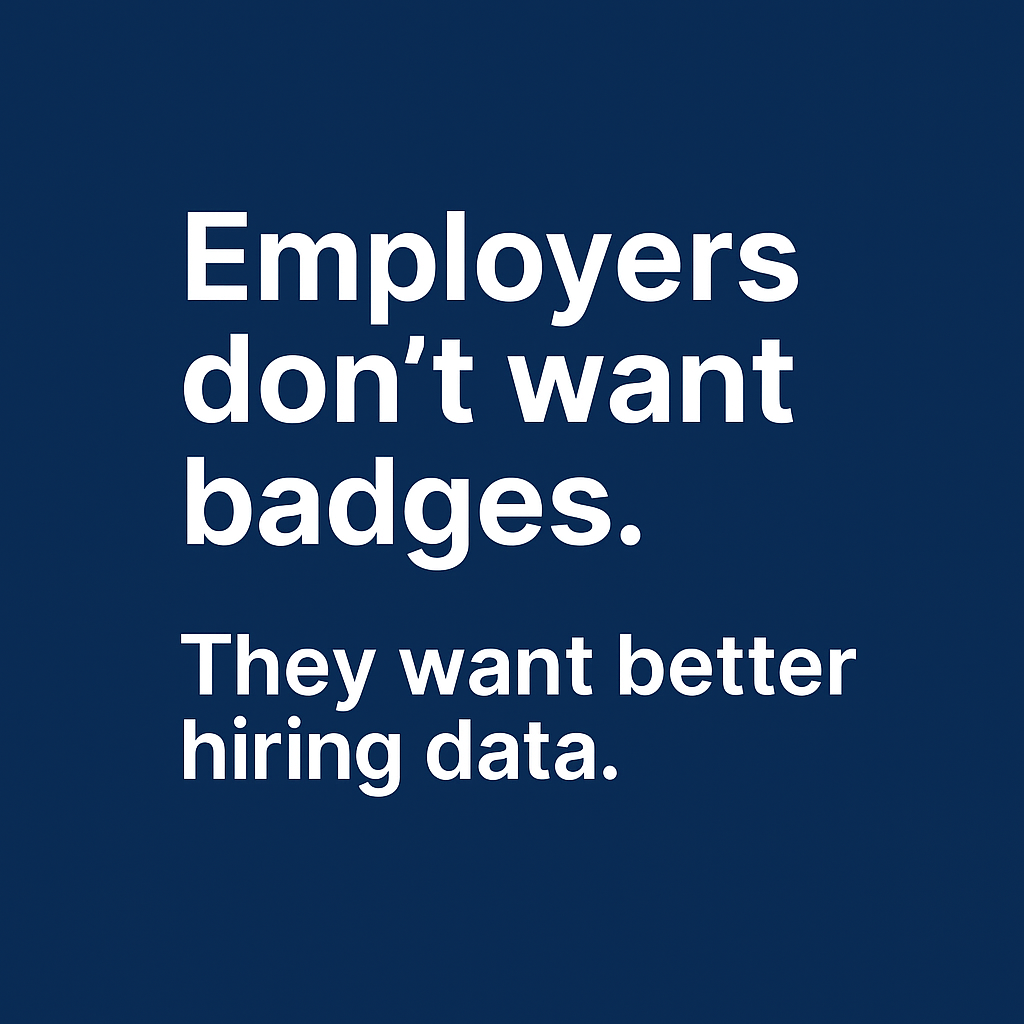In today's competitive job market, organizations are increasingly adopting skills-based hiring as a strategic approach to recruitment. Redefining job roles based on specific skill requirements has become the norm, promising faster hiring cycles and a more diverse candidate pool. However, traditional resumes are proving inadequate in accurately assessing candidates' skill levels, leading to challenges during the interview process and prolonged hiring cycles.
Despite the initial excitement surrounding skills-based hiring, recruiters are encountering a concerning trend: resumes that mirror job descriptions rather than accurately reflecting candidates' skill sets. This discrepancy becomes evident during interviews, where candidates often fail to demonstrate the skills claimed on their resumes. Consequently, recruiters are spending more time on phone screenings and early-stage interviews, hindering hiring velocity and bogging down the process.
However, amidst these challenges lies hope. By broadening their candidate pool, organizations are discovering hidden talent and experiencing improved retention rates. Yet, the question remains: how can recruiters differentiate between genuine talent and look-alike candidates?
According to a recent white paper by the Aspen Institute, fraudulent resumes cost employers approximately $600 billion annually, highlighting the urgency for a solution. Moreover, surveys reveal that a significant percentage of candidates admit to lying on their resumes, further exacerbating the problem.
To address these issues, a next-generation resume ecosystem is needed. Three key elements must evolve to support skills-based hiring effectively:
- New Data Inputs: Candidates need better data inputs to articulate their skills effectively. For example, transitioning service members could receive validated credentials from their military experience, certifying their skills in civilian terms.
- Eliminating Resume Constraints: The traditional one-page resume rule is outdated in today's digital age. Resumes should provide comprehensive, machine-readable data to facilitate accurate matching and screening processes.
- Fine-Tuning AI: AI-driven resume tools hold promise but must prioritize accuracy and transparency. Rather than simply mirroring job descriptions, these tools should empower candidates to highlight their unique skills and experiences, enhancing trust in the hiring process.
The next generation resume builders will be true Empowerment Technologies. They will empower job seekers to provide compelling records and evidence of their skills and qualifications. They will empower job boards and applicant tracking systems to improve the quality of matching through superior data. And they will empower employers to implement skills based hiring more effectively and to get better signals from job seekers they can use to increase the velocity and success of their hiring efforts.
If you're interested in contributing to the development of next-generation resume builders, please contact Dave Wengel or Ian Davidson from SmartResume. Together, we can shape the future of hiring.










